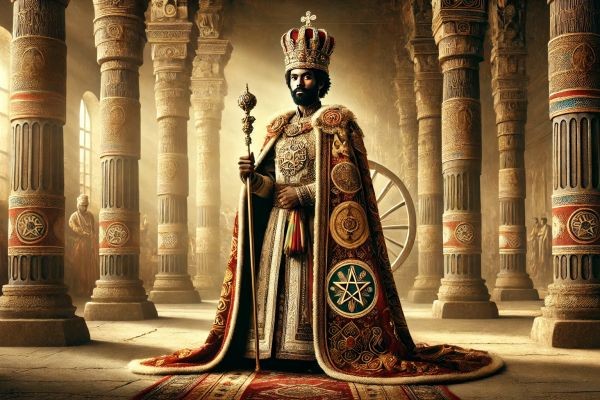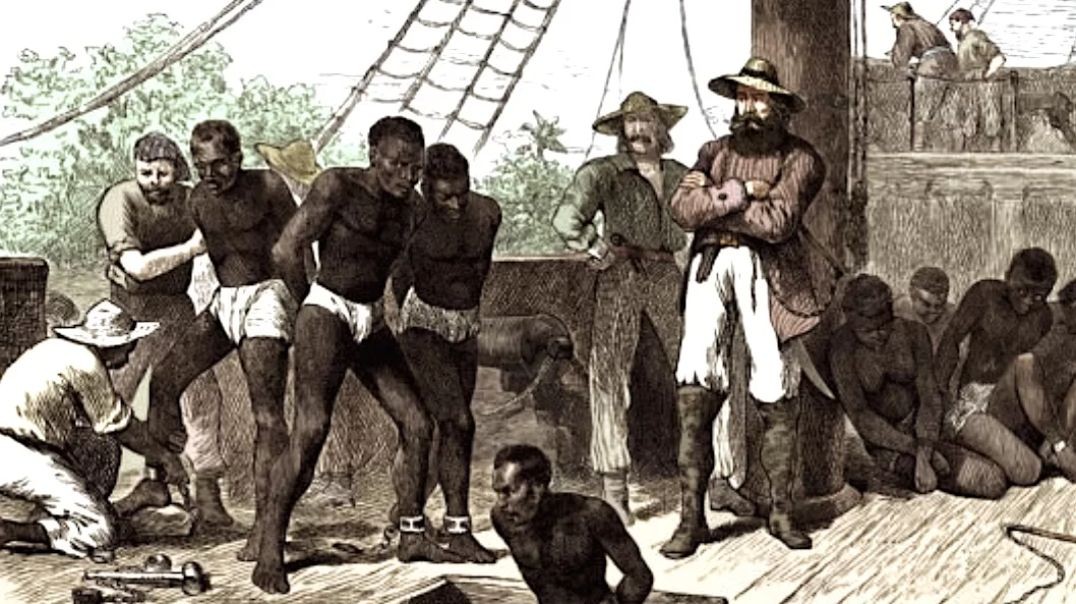Emperor Sarsa Dengel of Ethiopia: Legacy, Leadership, and Impact.
Ethiopia in the 16th century: political dynamics, religious tensions, and neighboring threats.
- Overview of Sarsa Dengel’s place in Ethiopian history and his legacy.
- His importance as a Solomonic dynasty ruler during the late 16th century.
- Brief mention of his achievements and challenges, such as defense against external invasions and religious consolidation.
1. The Historical Context of Sarsa Dengel’s Reign
- Ethiopia in the 16th century: political dynamics, religious tensions, and neighboring threats.
- Overview of the Solomonic dynasty’s rule and its importance in Ethiopian culture and religion.
- Relations with neighboring regions: the Ottoman Empire, the Somali Sultanate, and European connections.
2. Early Life and Background
- Birth and family background; lineage tracing back to the Solomonic dynasty.
- The political environment during his father, Emperor Menas’s rule.
- Education, mentors, and the influence of Ethiopian Orthodox Christianity on his worldview.
3. Ascension to Power
- The circumstances surrounding his ascension following Emperor Menas’s death.
- Internal challenges: consolidating power, addressing regional leaders, and ensuring loyalty within the empire.
- The state of the Ethiopian Empire at the start of his reign, including socio-political and economic conditions.
4. Religious Policies and Consolidation of Orthodox Christianity
- Sarsa Dengel’s commitment to the Ethiopian Orthodox Church.
- Religious conflicts within Ethiopia, including tensions with Islam and foreign Christian missionaries.
- Policies toward religious unity, church construction, and support for Orthodox doctrine.
5. Key Military Campaigns and Battles
- Detailed account of his military campaigns to protect and expand Ethiopian territory.
- Defense against the Ottoman Empire and Adal Sultanate incursions.
- Notable battles, strategies, and tactics used to maintain Ethiopia’s sovereignty.
- The significance of his victories in securing the empire’s borders.
6. Diplomacy and Foreign Relations
- Relationships with neighboring states and powers, including the Ottoman Empire, Somalia, and European states.
- Efforts to secure Ethiopia’s independence from foreign influence.
- Diplomatic exchanges with European powers, particularly Portugal, for military alliances and trade.
7. Administration and Governance
- Sarsa Dengel’s administrative style and methods of governance.
- The structure of his court and centralization efforts to strengthen imperial authority.
- Strategies for dealing with regional nobility and maintaining control over distant provinces.
- Contributions to economic stability, trade policies, and infrastructure projects.
8. Contributions to Ethiopian Culture and Society
- Patronage of the arts, literature, and Ethiopian cultural heritage.
- Support for Orthodox Christian traditions, church construction, and monastic communities.
- Impact on Ethiopian society through policies on education, religion, and law.
9. Challenges and Opposition
- Opposition from regional leaders and religious dissenters.
- Struggles with internal factions and external enemies.
- The toll of constant warfare on Ethiopia’s economy and population.
10. Later Years and Legacy
- Sarsa Dengel’s achievements in his later years and his efforts to ensure succession stability.
- Legacy as a warrior king and defender of Ethiopia’s sovereignty and Orthodox Christianity.
- The state of Ethiopia at the time of his death and the subsequent period of instability.
11. Long-term Impact on Ethiopia and the Solomonic Dynasty
- Lasting effects of his military victories and religious policies.
- Influence on subsequent rulers and Ethiopian society.
- His role in solidifying the Solomonic dynasty’s prestige and legitimacy.
12. Conclusion
- Summary of Emperor Sarsa Dengel’s life, reign, and impact on Ethiopian history.
- Reflection on his legacy in Ethiopian historical memory and the Ethiopian Orthodox Church.
Each section can be expanded with references to primary sources, historical interpretations, and insights from Ethiopian oral traditions. Additionally, incorporating maps of Sarsa Dengel’s military campaigns, descriptions of Ethiopian customs and religious practices, and analysis of his diplomatic letters (if available) would add depth and context.
This framework should provide a solid basis for a thorough exploration of Emperor Sarsa Dengel's life and reign. Let me know if you’d like specific sections expanded or particular focus areas.








